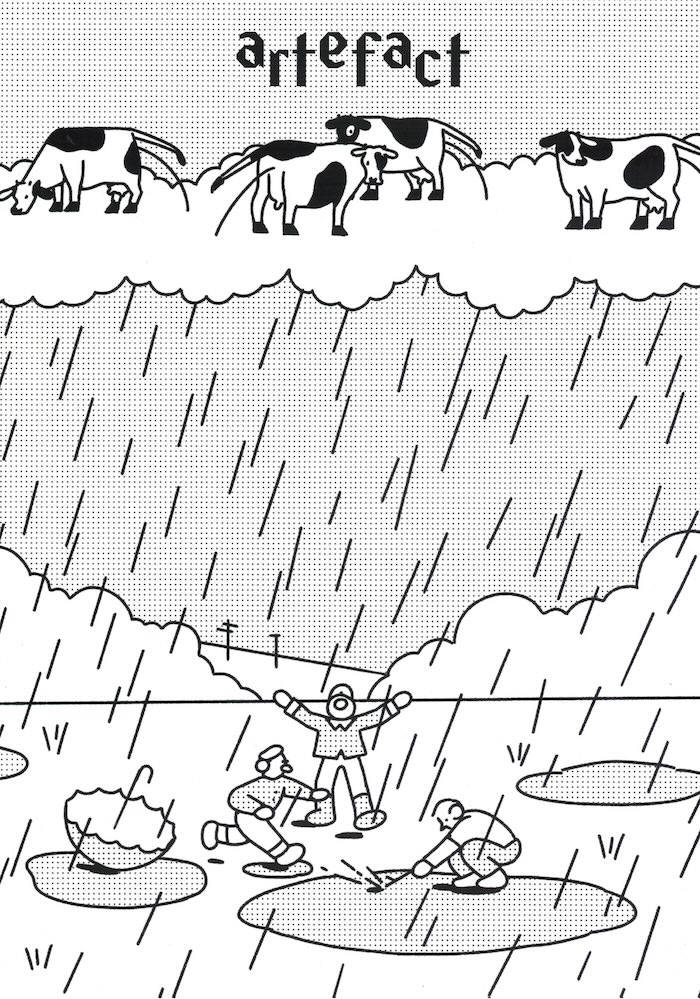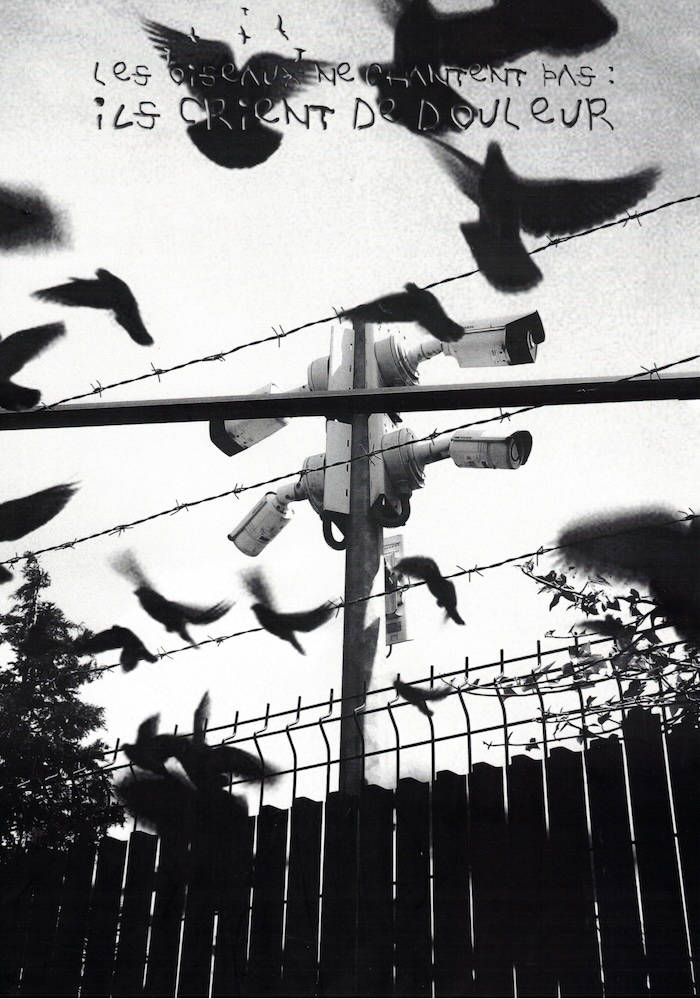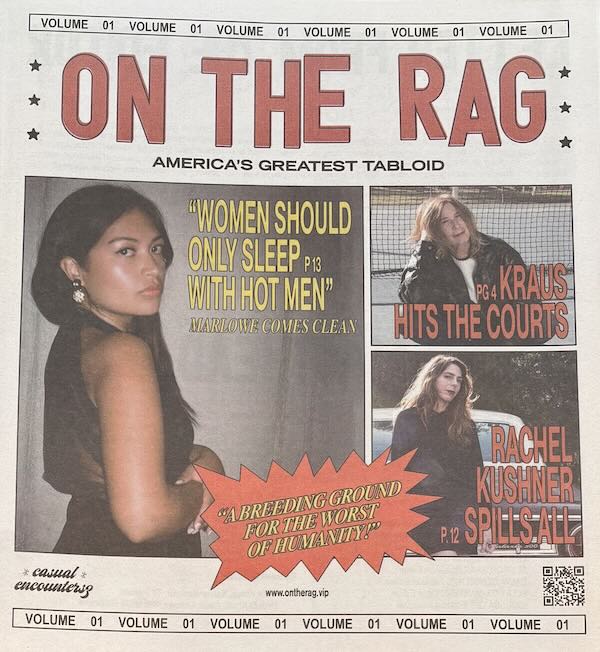

recommendations

CONSTANT VIOLINS I & II
CONSTANT VIOLINS is a hybrid book consisting of two parts, each comprised of two texts of sci-fi auto-fiction: ‘FӔTAL ATRACTUS’ & ‘COQUETTES’, ‘RATS LIVE ON NO EVIL STAR’ & ‘SOPH MOB’. CONSTANT VIOLINS follows mutating characters & contexts that grapple & contort in half-step with the logics of a vast labyrinth of psycho para-social references, playing out across a tête-bêche (or head-to-tail) format book. The myriad ‘worlds’ occupied & embodied narratively riff on the act of world-making in itself.
As an only child, I used to climb up onto my grandmother’s vanity & collapse the 3 way mirror over my head so I could bask in the calm of the many me’s preening inside its reflective continuum. Sometimes I would just lean against the looking glass above her bureau or pretend the wall was my simultaneous lover. No one wants to be alone. Under covers, I initiate the same sequences of experiments that virtually anyone does.
We all imagine what our pillows witness annually would baffle sane onlookers. That’s why we practice kissing on our dorsal carpal arches, peaches in the dead of night, or remove condoms from bananas with our teeth. CONSTANT VIOLINS wants what any book wants; to become a formidable power couple with its author like a Pokemon & its precocious Trainer.
Jordan/Martin Hell (b. 1993, USA) is a Black trans(2s) writer, artist, & scholar who attended Städelschule (DE) & Cooper Union School of Art. He is currently a PhD candidate at Queen Mary’s University of London. Hell’s work is interdisciplinary & interlaced with his writing as the seedbed for his various explorations across painting, sculpture, pedagogy, music, dance, etc. In all of his work Hell is invested in the embedded associations which proliferate in the global collective subconscious & how that frames intimate (& often violent) realities in the lives of individuals whether historical, celebrity, or obscure. Closely linked with his work is a spiritualist psychoanalytic practice which spans hypnosis, theology, philosophy, Black fugitivity, & indigenous somatics.

Gravity Road: A Rollercoaster Reader
Jesse Darling, Heinrich Dietz and 2 more
Constructed in Pennsylvania in 1827, Gravity Road was a precursor to the modern roller coaster; a sloping stretch of railroad used to cart coal out of mines. With passenger rides on offer soon afterwards, the rapid descent became an attraction and the technology was appropriated for thrill rides in amusement parks.
Jesse Darling’s sculptures, drawings and installations address the fallibility, fungibility and mortality of living beings, systems of government, ideologies and technologies – nothing is too big to fail. For his exhibition at Kunstverein Freiburg in 2020, Darling created a sculpture of a dysfunctional roller coaster, broken down to a child-like scale, becoming an anti-monument to a modernity that celebrates progress, acceleration and mastery and produces violence.
Exploring the entangled history of labour, leisure, extraction and entertainment, Gravity Road: A Rollercoaster Reader was commissioned in response to Darling’s 2020 exhibition, bringing together new texts by artist and Darling-collaborator Joe Highton and writer Sabrina Tarasoff along with a correspondence between Darling and the Kunstverein’s director Heinrich Dietz.
FEATURING TEXTS BY:
Jesse Darling
Heinrich Dietz
Joe Highton
Sabrina Tarasoff

The Subtle Rules The Dense
Moulded from clay, between 2021 and 2023, The subtle rules the dense is a series of ceramic chest plates, by the artist Phoebe Collings-James. Inspired by Makonde and Yoruba body masks and Roman muscle cuirasses, the sculptures explore the interplay between ritualistic objects’ violent histories and their contemporary presentation as fetishistic ornaments. This publication brings together responses to the series from artists SERAFINE1369 and Rehana Zaman and geographer Professor Kathryn Yusoff; exploring layered references to tarot, Shakespeare and post-colonial theory; probing the materiality and extractive politics of geology; and reflecting the plural multifaceted nature of Collings-James’ practice.
A series by Phoebe Collings-James
With Texts by Serafine1369, Rehana Zaman, Kathryn Yussof.

How to Sleep Faster 5
What are our politics of refusal? Sleep? Catatonia? Hedonism? Transgression even? #hustle?
[Can refusal can be performed as resistance and not operate as preemptively fucked. . .]
Arcadia Missa Publications; Rózsa Farkas, Holly Childs, Leila Kozma, Tom Clark (eds)

Metabolize, If Able

Miam 08 : Artefact
"Cet ouvrage est un magazine participatif regroupant les oeuvres de 48 artistes autour d'un thème commun, l'artefact. Vertige du passé ou projection contemporaine, l'artefact nous parle. Il raconte les cultures, en façonne le souvenir et promet ainsi un voyage à travers les créations humaines. Ce sont ces témoignages tangibles de l'existence que nous souhaitons vous offrir grâce aux interprétations captivantes de l'artefact. Chaque page de ce nouveau numéro est une invitation à plonger dans les méandres de l'histoire ou de la fiction, à explorer les différentes strates de l'humanité à travers le primes de ses réalisations matérielles."
Alexandre Daram, Alice Royer, Audrey Poujoula, Audrey Ramos, Basile, Bordel j’ai glissé, Cel, Charlie Udave, Collectif IPN, Elliott Sanchez, Emilia Pesty, Marie Derrien, Fils Kurylak, Flora Rushiti, Hélène Berlemon, Inès Day, Julie Plantefeve, Kaspar kaspar.wtf, Kawani DS, Kiara Patry, Laura Zanti, Lauriane Rolo, Le Bayou Club Graphique, Lea Canovas, Lili Archer, Lily Terrible, Lisa Dehove, Lola Marty, Louis Kervel, Lutine Cabarrou, Maeva Iorio, Maké, Martin Régnier, Maxoy, Meuneurol, Nathanael Brelin, Nurzen & Jack Montaly, Oscar, Pierre Touron, Ptit Lylou, Rachel Roland, Rose Meybeck, Sarah Josserand, Theo Grandchamp.

Miam 09 : Les oiseaux ne chantent pas : ils crient de douleur
4SPIKE & howawfulallanis, Alex Less, Alice Royer, Alligataure, Amelie Clicquot, Anjol, Arañada, Axel Fievet , Axelle Bourguignon, Baron & Tosma, Charlie Cooper, Charlotte Sallan Gémard, Délora Abbal, Elliott Sanchez, Erimoczi, femo, Fleur Douglas, Gaia Bergelin & Inès Camrla, Justine Bouvet, Kara, Kiara Patry, Lilian Magardeau & Elisa Grondin, Loreleï, Lucile Moreau, Manon Souza, Marie Martin Design, Mira, Migraine, Nathan Peron, Nathanael Brelin, Nomaison, Ema Tomas, Othilie Jourde Ledoux, Piquico , Rémy Bellariva, Séraphin Degroote Ferrera et Arthur Diguet, Syan Fischer, Tanikawa Sari, Vanessa Kintzel, Virginie Contier, Viviane Le Borgne, Zoé Vincent.

On The Rag
Casual Encountersz presents On The Rag, America’s Greatest Tabloid. Blending art and literature with sex, slime and sleaze, On The Rag emerges from LA's underground reading series Casual Encountersz to create a new media platform where the Ivory Tower and the gutter collide. On The Rag is a literary journal, gossip mag and conceptual art project all in one. Get off the apps…And get On The Rag!